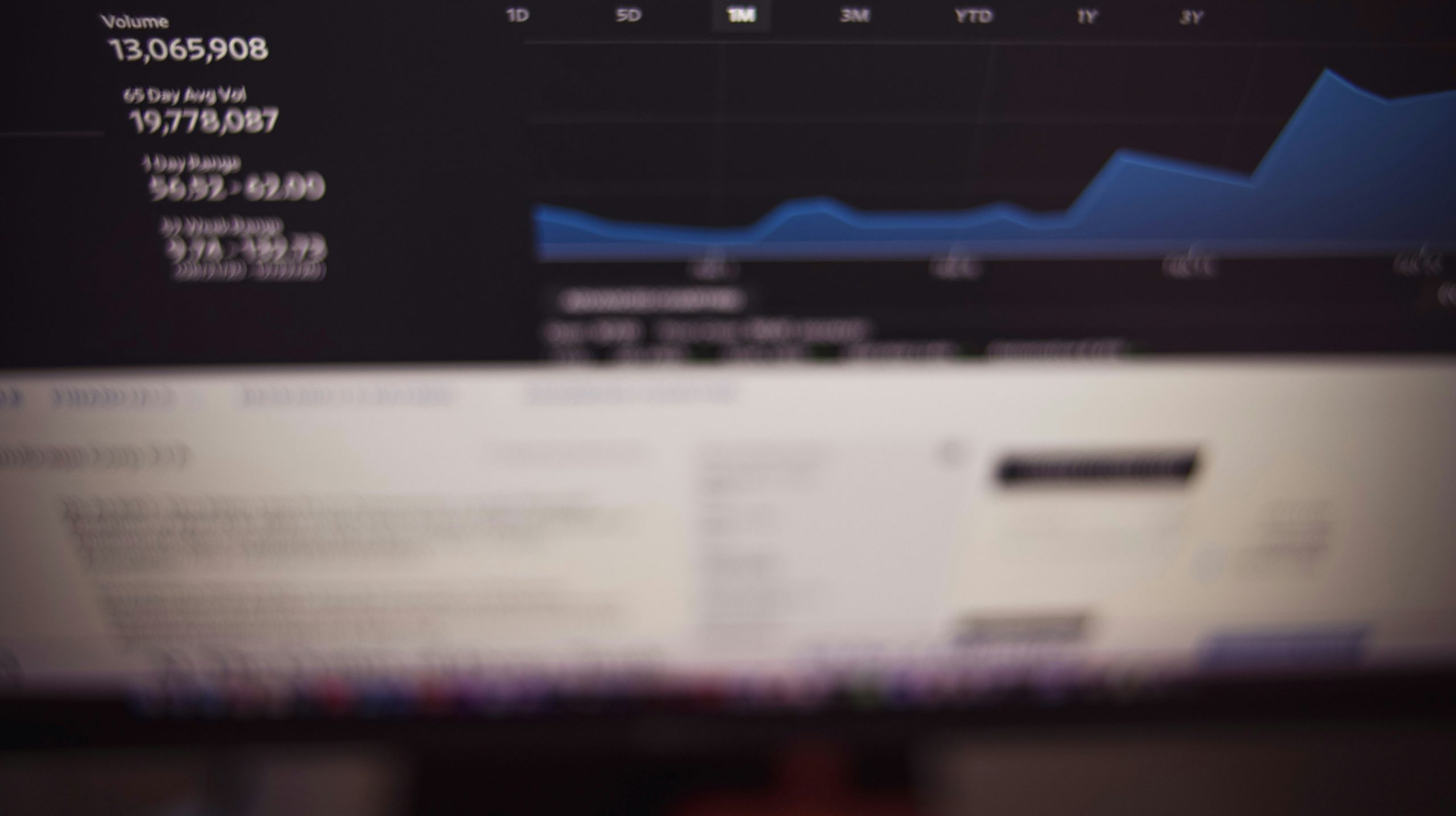Addressing the challenges faced with climate change will require a combination of system-level adaptation and multiple changes to other factors, from adapting our daily lifestyles to how we work. Research by Deloitte has been monitoring a rising group of sustainable-conscious people at the leadership level, within the workforce and in society. An overview of these fields indicates that those with higher climate awareness act more sustainably in the workplace and strive to ensure their voices are heard. Business leaders are beginning to recognise the need to change, but is there more that can be done to ensure everyone is participating in the sustainable movement?
In the Deloitte Global State of Consumer Survey, 69% of participants said they want their business to invest further in sustainability plans, including focusing on carbon reduction, using more renewables and reducing waste. This opinion was higher within the younger age groups (18-34 yrs), displaying a stronger affinity to sustainability measures.
The demand for sustainable action is having an impact on potential job opportunities. In the Deloitte survey, 27% stated they are more likely to assess an employer’s stance on sustainability before considering a job. In other words, 1 in 4 job seekers will be actively looking at what an employer is doing to address environmental impacts and could base their decision to join the business on this.
The younger generation is more hopeful that they can influence change in the workplace. The Deloitte Gen Z and Millennial Survey showed that 64% believe they can drive organisational change and that their companies recognise this movement and incorporate new measures. As more young people enter the workforce, many actively support environmental awareness and expect their employers to be responsive to this way of thinking.
This movement in employee expectations could have a detrimental impact on businesses that fail to prioritise sustainability. The Deloitte survey indicates that nearly a quarter of respondents have considered moving jobs to ensure they work with a more sustainable business.
According to the Deloitte survey of C-Suite leaders, employee morale, wellbeing, employee recruitment and retention are some of the main benefits of implementing sustainability plans. These factors emphasise the findings from the Consumer Signals report on how critical sustainability is toward employee satisfaction and retention. This demand for action is starting to have an impact. Within the survey, employee activism is considered a significant driver of corporate sustainability action, with 80% of C-Suite leaders highlighting that their employees have influenced their sustainability plans. 59% of business leaders said employee activism had caused them to increase their sustainability plans in the last year.
One popular measure that many companies are taking is investing in additional training. Over half of business leaders are already training employees about sustainability and climate change, and over 40% intend to introduce a similar programme next year.
While sustainability plans are emerging, only 38% of respondents in the Deloitte survey believe their employer is doing enough to tackle sustainability and climate change. Most respondents suggested they were unsure or dissatisfied with the current progress made. The Consumer Signals survey shows that 45% of employees haven’t discussed workplace sustainability plans with their managers or team leaders.
Business leaders should carefully consider their environmentally conscious employees and harness their insights to implement climate-related business plans, identify potential leadership challenges and drive overall change to the business.
Gaining the assurance and support of employees requires businesses to be more transparent, communicate their climate plans, deliver credible changes to business processes and invest in training opportunities to empower people to participate. Companies should make their employees more active in climate and sustainability plans and enable their voices to be heard. While some employee-focused plans may be small-scale, showing commitment and responding to these suggestions can highlight a commitment to sustainability.
As we continue to tackle climate change, employees and customers expect to see how a business is facing up to the challenges.
Related insights
Drawing on 70 years of combined experience and knowledge, our small team of recruitment consultants share valuable insights from across all sectors of the renewable energy industry.
View all insights


